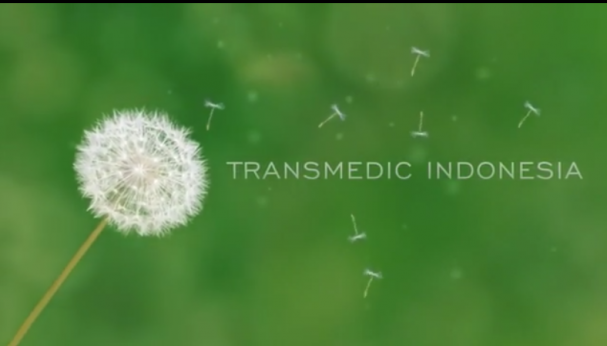Success stories / 30 Jan 2017
HeartMate 3 successfully implanted in first Singapore patient

The National Heart Centre Singapore (NHCS) has successfully implanted a HeartMate 3 heart assist device in a patient – a first in Asia, it announced on Thursday (Jan 21).
The procedure, which lasted three-and-a-half hours, was performed on 44-year-old Rajamohan Pekrisamy on Nov 9, 2015. He was discharged following a three-week hospital stay, and is currently recovering at home.
Mr Rajamohan has dilated cardiomyopathy, a condition that occurs when the heart is weakened, enlarged, and unable to pump blood efficiently. He experienced breathing difficulties, fatigue, and coughs that persisted throughout the day. In 2015, his health worsened, leaving his heart function at 23 per cent, two weeks before surgery.
The HeartMate 3 relieves the symptoms of advanced heart failure as patients wait for a heart transplant. Currently, there are 22 people waiting for a donor heart.
According to NHCS, before establishing the Mechanical Heart Device Programme in 2001, due to a lack of suitable donor hearts in Singapore, around 30 per cent of patients died during this waiting period.
Since then, NHCS performs 10 to 15 heart assist device implantations each year. The device runs on a new technology that reduces the risk of blood clots. It is also the first heart device to have an artificial pulse that mimics the natural heartbeat reducing the likelihood of blood becoming stagnant and clotting, which can led to stroke and pump failure.
Its pump can store data as well – a function missing from earlier devices. The HeartMate 3 pump is inbuilt with control electronics that enable it to store data on its parameters, speed settings and a log which records its regular operations and any anomalies. It is able to continue running, even in the event of a transmission problem with the controller.
The device received the CE mark on Oct 8, 2015, after a one-year trial involving 50 patients from 10 centres in six countries. Results showed a survival rate of 92 per cent at the end of six months, with 83 per cent having a significant reduction in heart failure symptoms and no incidence of pump malfunctions during the trial period.
Published on 30 Jan 2017
